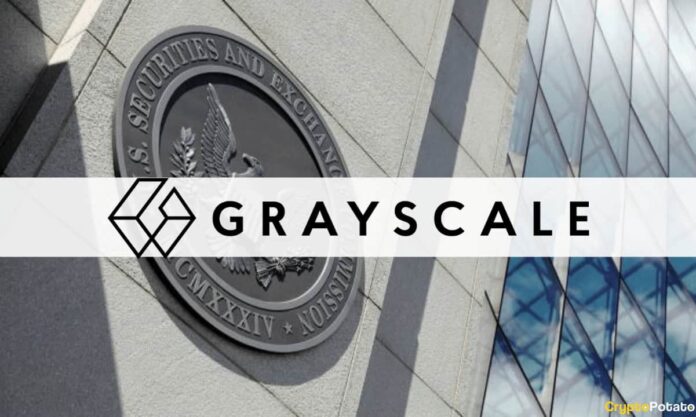The tables have turned. The D.C. Circuit’s groundbreaking decision to overturn the U.S. Securities and Exchange Commission’s (SEC) denial of Grayscale Investments’ ambitious bitcoin exchange-traded fund (ETF) proposal has set the stage for a new era in digital currency regulation. Now, the ball is firmly in the SEC’s court, and the playbook they once relied on has been tossed out the window.
Grayscale SEC Ruling: Unpacking the Ruling
Circuit Judge Neomi Rao’s astute opinion sent a clear message: the SEC’s consistent denial of spot bitcoin ETFs using their previous rationale won’t stand anymore. It’s akin to a ref blowing the whistle and changing the game. Despite this bold statement, the route forward remains ambiguous. As experts relayed to Law360, this is uncharted territory, a regulatory twist with no parallel.
And yet, the SEC remains in contemplative silence, prolonging its consideration on other looming Bitcoin ETF proposals, such as those by Invesco, Fidelity, and WisdomTree.
Former director of the SEC’s Division of Investment Management at Sullivan & Cromwell LLP, Dalia Blass, captured the situation aptly, “The Commission is possibly stuck between a rock and a hard place: to appeal or to plot the next move.”
Grayscale SEC Ruling: The Appeal Quandary
The recent ruling has Bitcoin ETF enthusiasts in jubilation. To them, it was an acknowledgement of the likeness between Grayscale’s spot bitcoin proposal and previously approved ETFs holding bitcoin futures. But Judge Rao took it a step further, condemning the SEC for its “arbitrary and capricious” rejection and emphasizing the agency’s inability to differentiate the risk between spot and futures products.



